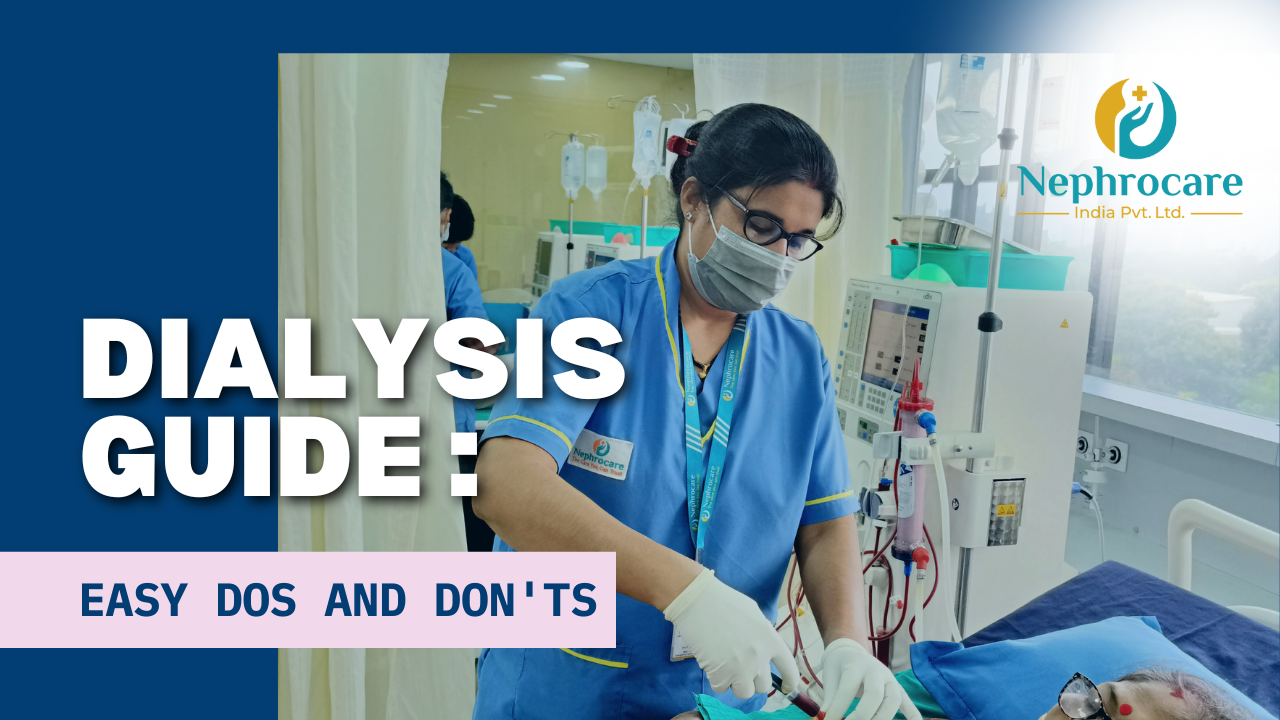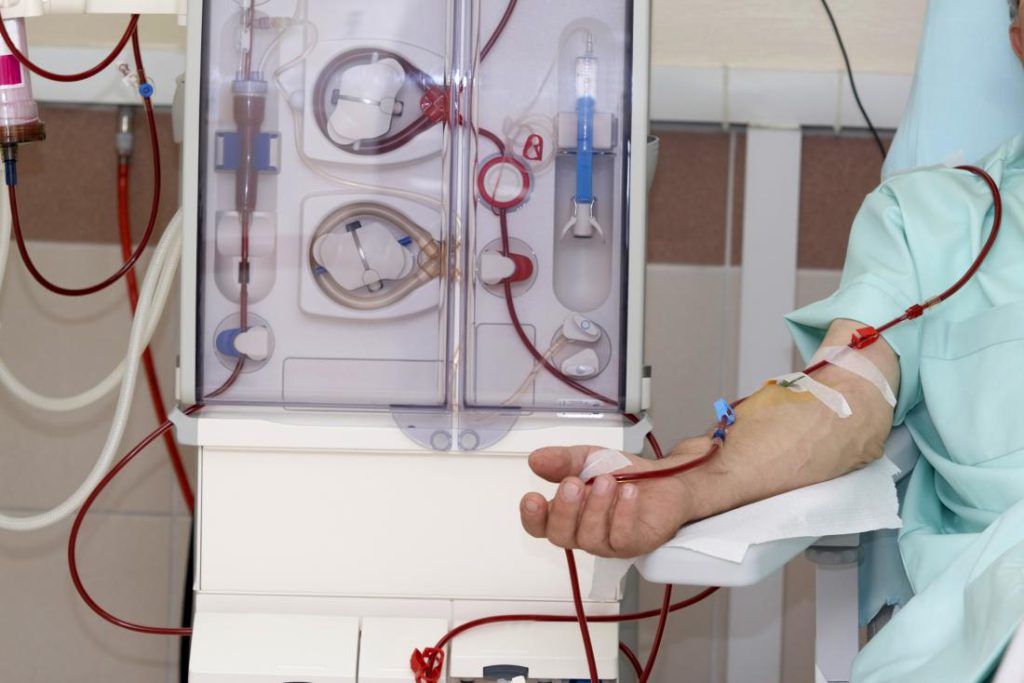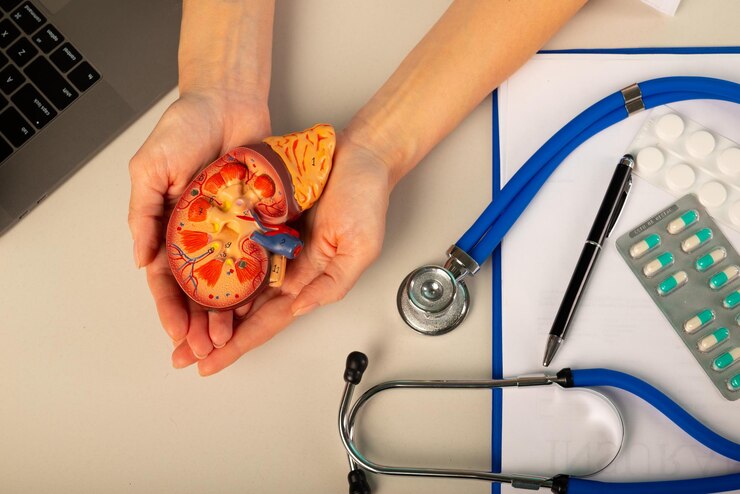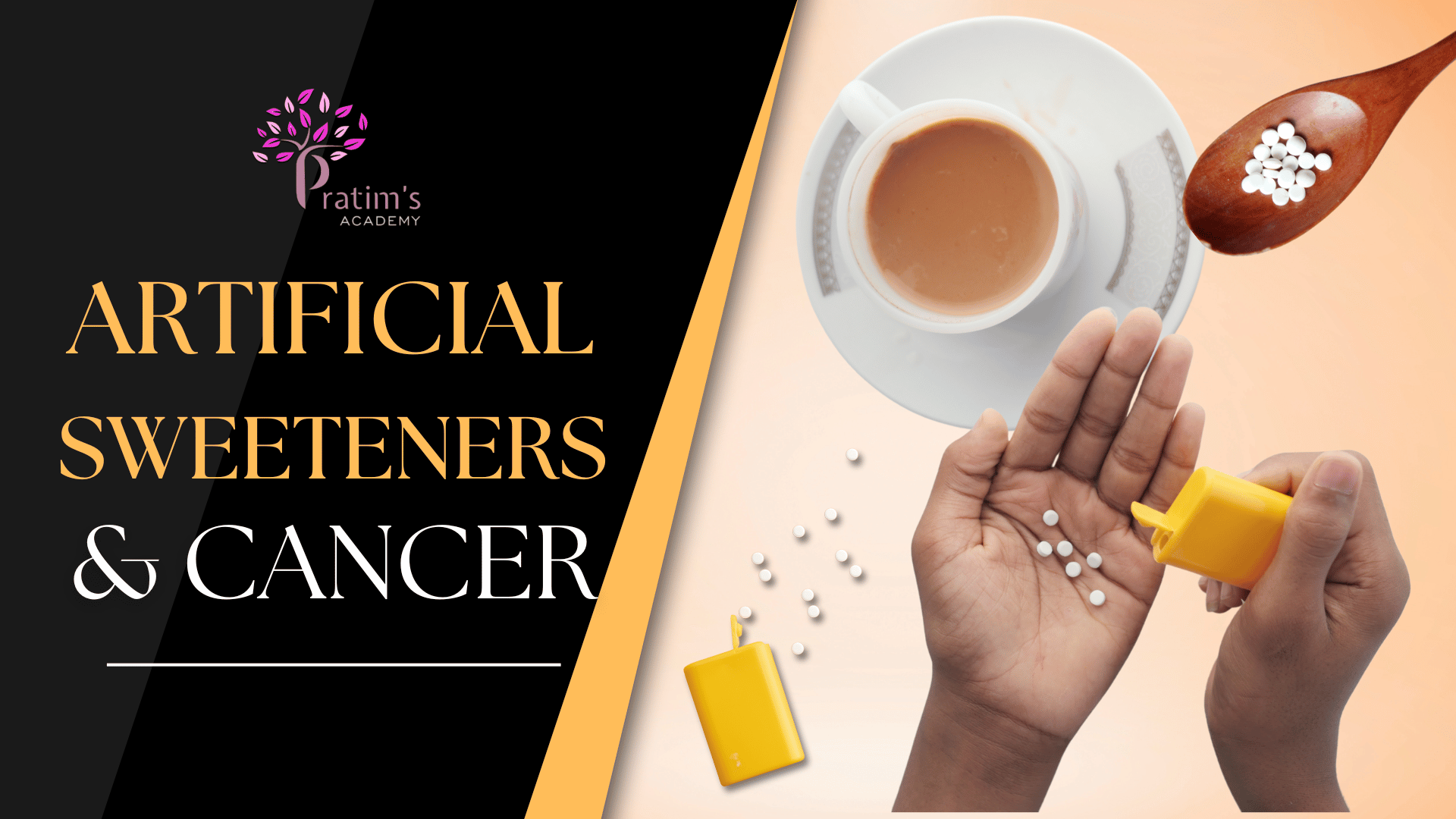
- 709
- 0
Dialysis Guide: Easy Dos and Don’ts
In the heart of every dialysis center, beneath the fluorescent lights and the gentle hum of machines, unfolds the stories of individuals bravely confronting the challenges of kidney failure. Among them is Mr. Gupta, a 45-year-old, whose journey through the world of dialysis encapsulates the triumphs and tribulations that define life hooked to a dialysis machine.
A Symphony of Adaptation
Mr. Gupta’s life took an unforeseen twist as he contracted the flu, which later progressed to pneumonia. During a routine checkup, it was discovered that his kidneys were not functioning properly. Following eight months of conservative treatment, he faced the harsh reality of end-stage renal disease. Consequently, he found himself in a dialysis room, immersed in the unfamiliar sights and sounds of life-sustaining treatments.

The initial days were marked by the discomfort of needles and the monotony of the dialysis routine. The physical toll of treatment manifested in bouts of fatigue, but Mr. Gupta was determined not to let the rhythm of dialysis drown out the melody of his life. During the pain, he discovered resilience – a quiet strength that allowed him to adapt and embrace the dos and don’ts that became his guiding principles.
Dos:
Stay Hydrated (within limits):
Consume the recommended amount of fluids, but be mindful of your fluid restrictions. Opt for small sips throughout the day rather than consuming large amounts at once.
Maintain a Kidney-Friendly Diet:
Work closely with a registered dietitian to create a diet plan that aligns with your specific needs. Limit phosphorus, potassium, and sodium intake to manage electrolyte balance.
To unlock CKD-conscious recipes balancing flavor and health, you can join to our renal cooking WhatsApp group

Adhere to The Treatment Schedule:
Attend all scheduled dialysis sessions as prescribed by your healthcare team. Consistency is the cornerstone of your routine, ensuring your body receives the necessary care.
Monitor Vital Signs:
Keep track of blood pressure, weight, and temperature regularly. Regular check-ins with your healthcare team allowed for early detection and proactive management of potential complications.
Take Medications as Prescribed:
Adhere to your prescribed medication regimen. Inform your healthcare provider of any over-the-counter medications or supplements you may be taking.
Practice Good Hygiene:
Follow proper hygiene practices to minimize the risk of infections. Pay extra attention to the vascular access site to prevent complications.
Engage in Physical Activity:
Incorporate light exercise into your routine, as advised by your healthcare team. Physical activity can enhance overall well-being and help manage stress.
For additional information on YOGA (MUKTI), feel free to click and join through this link.
Don’ts:
Exceed Fluid Restrictions:
Strictly adhere to fluid intake limits to prevent fluid overload. Excessive fluid intake can lead to complications such as high blood pressure and fluid retention.
Ignore Dietary Recommendations:

Resist the temptation to deviate from your prescribed diet plan. Strict adherence helps manage electrolyte levels and supports overall health.
Skip Medications:

Never skip or alter your medication without consulting your healthcare provider. Consistent medication adherence is crucial for managing your condition effectively.
Neglect Vascular Access Care:
Avoid neglecting the care of your vascular access site. Regularly clean and inspect the site for signs of infection or other issues.
Overexert Yourself:
While exercise is beneficial, avoid overexertion. Consult your healthcare team for personalized guidelines on physical activity.
Delay Reporting Symptoms:
Promptly report any unusual symptoms or side effects to your healthcare team. Early detection and intervention can prevent complications.
Conclusion
Living with kidney failure and undergoing dialysis requires a proactive and disciplined approach. By adhering to these dos and avoiding the corresponding don’ts, dialysis patients can better manage their condition, enhance their quality of life, and foster a positive outlook on their health journey. Always consult with your healthcare team for personalized guidance based on your unique circumstances.
To prevent any dialysis related infection please read the following blog: 👉👇
Comment
Check Your EGFR
***We Promise, no spam!






